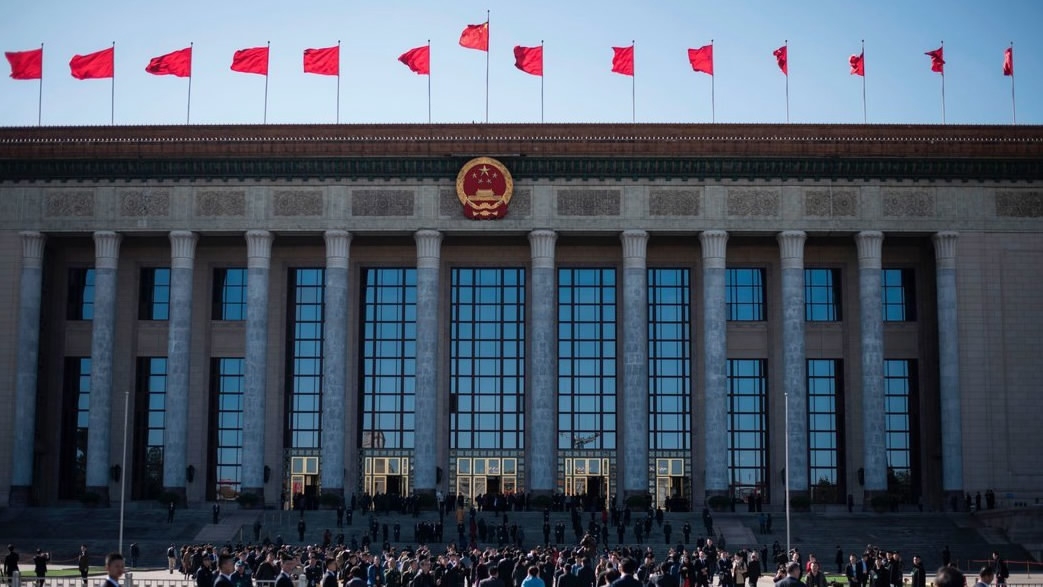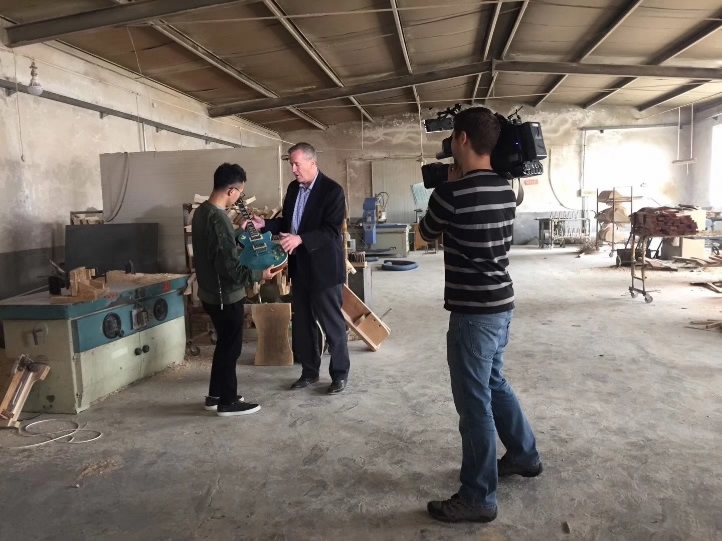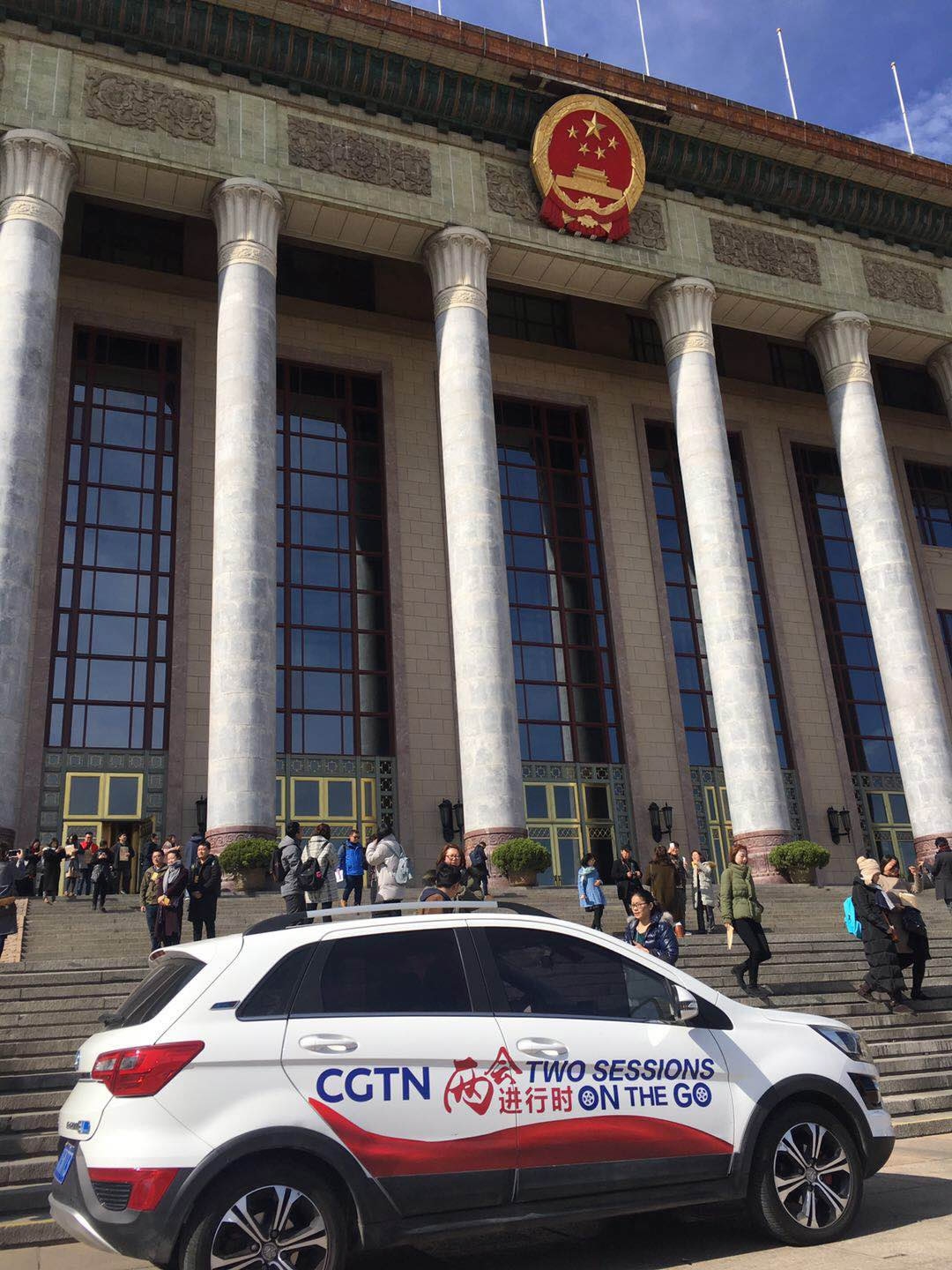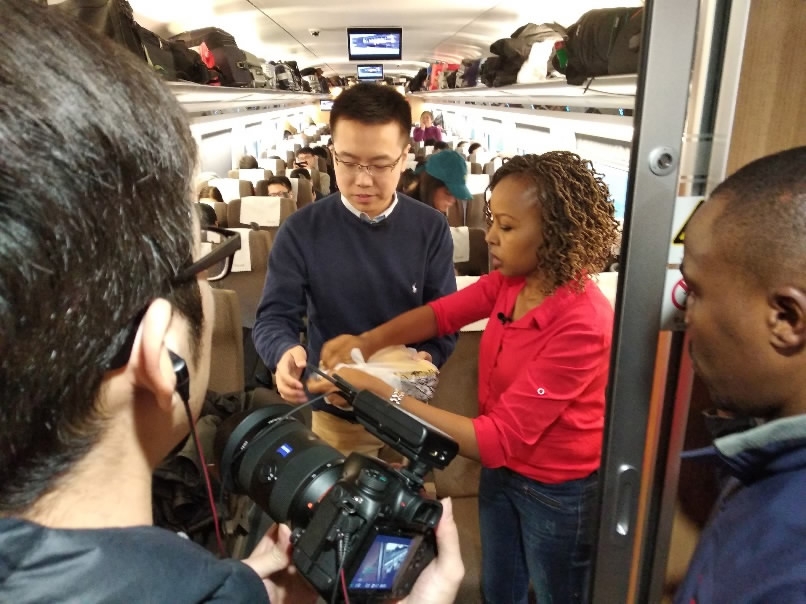
Politics
17:35, 01-Mar-2018
One crucial year, two key sessions
By CGTN's Li Xiang

In the stream of modern Chinese history, Wuxu seems to be a profound sign of significant changes. The year of Wuxu, a cycle of the lunar calendar, comes every 60 years.
One
hundred and twenty years ago – the year of 1898 – was one of the most
tumultuous in the history of modern China. Young emperor Guangxu with his reformists
launched a national movement, hoping to reform the feudal apparatus by adopting a western-style political and educational system. Confronted with powerful
conservative opposition, the movement was ill-advised and short-lived. Only 103
days after it was launched, the reform ended with the ruthless execution of six
chief reformists also known as the “Six Gentlemen”. The cause of the failure
has been controversial yet many agree that the attempt has helped to a large
degree fuel the sentiments of reform and contribute to the success of the
1911 revolution in China.

Sean Callebs (reporter from CGTN America) and Andrew Smith (photographer from CGTN America) reporting in Shandong province on a local guitar company’s dream to go big and overseas. /Photo by Li Huihong
Sean Callebs (reporter from CGTN America) and Andrew Smith (photographer from CGTN America) reporting in Shandong province on a local guitar company’s dream to go big and overseas. /Photo by Li Huihong
Sixty years before that, in 1838, a Chinese official named Lin Zexu was sent by the emperor to Guangdong to stop the illegal import of opium from the British. It was an uphill battle and he was determined to fight hard. He ordered massive dismantling of opium trade on June 26 the next year, an event led to the First Opium War which opened the chapter of modern China. The day is now observed by the UN as the International Day against Drug Abuse and Illicit Trafficking, and Lin is regarded and honored as national hero.
2018
also corresponds to a new Wuxu year in the Chinese calendar. It’d be
superstitious to claim that 2018 would follow the historical trajectory and
destined to be unusual. However, early into the year, there already seems to be signs
of profound changes. Soon after the Lunar New Year holidays, the Communist
Party of China proposed constitution revisions, in which the abolition of limits to presidential terms and adding a supervisory commission as a state organ were incorporated.
This year also marks the 40th anniversary of China’s reform and opening up policy.

CGTN Photo
CGTN Photo
All eyes are now on the upcoming annual sessions of the National People’s Congress (China’s top legislature) and the National Committee of the Chinese People’s Political Consultative Conference (China’s top advisory body). Scheduled to convene in early March, thousands of lawmakers and advisers will discuss and decide on legislation of domestic and international concerns, including constitution revisions. Lawmakers will also elect state leadership and the upper echelons of government for the ensuing five years.
In addition, preventing financial risks, continuing targeted poverty alleviation and pollution control are the most critical areas to watch. Those were announced as key battles for China’s goal of becoming a “moderately prosperous society in all respects," according to the central government.

Jane Kiyo (reporter from CGTN Africa) reporting on food delivery business on a bullet train. /Photo by Lan Hao
Jane Kiyo (reporter from CGTN Africa) reporting on food delivery business on a bullet train. /Photo by Lan Hao
CGTN will take you to the heart of the sessions, help you peel the layers of the agendas to understand the nuts and bolts of the topics and debates facing 1.4 billion people. Moreover, a team of our reporters have traveled across the country to report on the most passionate pleas from people in the grassroots and the pressing issues confronting their everyday life. Every day we focus on one of the most deep-rooted questions to ask for the Two Sessions. We will also do Ask China again – an in-depth series coverage to share some ordinary people’s inspiring stories that are barely unheard of.
The Two Sessions are just the beginning of this crucial year. For the thousands of delegates, it’s going to be a busy period – their decisions will undoubtedly make a long-lasting difference to the future of China. And we are here to let you see the difference.
(Li Xiang is chief editor of CGTN English channel)

SITEMAP
Copyright © 2018 CGTN. Beijing ICP prepared NO.16065310-3
Copyright © 2018 CGTN. Beijing ICP prepared NO.16065310-3